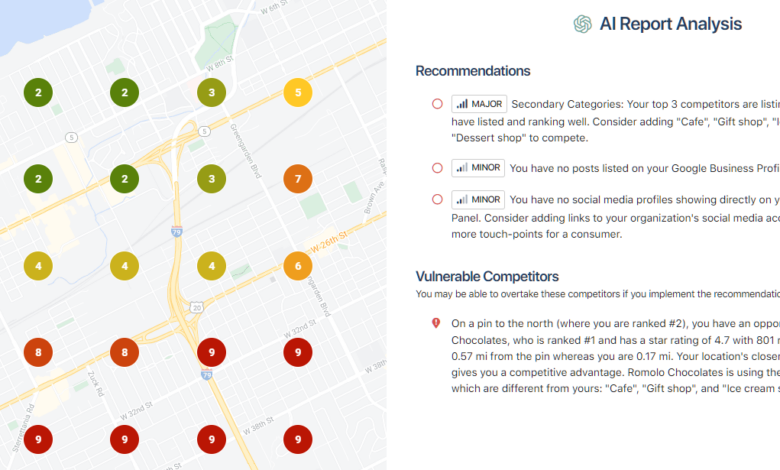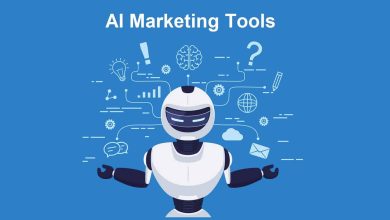
Artificial Intelligence is not just an asset in SEO strategy; it will soon take the lead role. Search algorithms are evolving rapidly, and businesses that want to stay competitive need precise, real-time insights tailored to local dynamics. Tools combining AI with local search analytics enable businesses to gain visibility where it matters most – within their communities. The industry is already experiencing a shift toward more transparent, actionable insights to help brands measure performance and understand where they’re losing visibility in critical areas and why.
There’s no doubt we’ve officially entered the age of AI Optimization (AIO) – the era of optimizing both for and with AI. While there’s still room for more traditional SEO practices in a comprehensive strategy, optimizing with AI is becoming increasingly important, especially as search engines themselves integrate more AI-based features and functionalities.
This year, AI Agents will finally hit the mainstream, giving us a whole new level of interaction with robots – the kind of robots we imagined as children (read: The Jetsons). For the first time, we’ll have AI that not only gathers data from its surroundings but actually uses it to make decisions and take action – all while working toward set goals. Imagine a factory where an AI Agent monitors machinery for wear, schedules predictive maintenance and anticipates spikes in demand. It might notice trends in the supply chain, increase production proactively and even flag product innovations based on customer feedback – all before the human team has to lift a finger. The result? Fewer stockouts, faster fulfillment and a head start on sales opportunities that competitors are still scrambling to recognize. This shift gets us closer to true, proactive machine agency – robots that aren’t just keeping up with the pace but pushing the business forward.
Similarly, automation will evolve from a productivity booster to the foundational backbone of modern business operations. Driven by AI and dynamic learning advances, automation will go beyond routine tasks to orchestrate entire workflows, making real-time adjustments based on shifting market trends, resource availability and customer demand. We’ll see systems that don’t just perform tasks but begin to reconfigure processes on the fly, helping teams focus on a high-level strategy without interruption.
As search engines become more artificially intelligent, using AI to optimize for them will help supercharge your efforts and ensure alignment with shifting algorithms and user preferences. From automating time-consuming tasks to providing deeper insights into performance and user behavior, using AI for SEO allows you to focus more on strategy and creativity.
While we’re still building toward a truly adaptive infrastructure, 2025 marks a turning point as businesses invest in increasingly predictive automation – able to anticipate bottlenecks, respond to disruptions and optimize workflows proactively. This shift will pave the way for faster product cycles, greater resilience and the agility needed to thrive in a competitive market.
Digital Experience Management (DEM) is also making significant strides as companies increasingly leverage real-time user data and AI to deliver more intuitive, adaptive digital experiences. DEM will move beyond simply tracking engagement or identifying UX tweaks. It will begin to anticipate user needs and adjust interfaces to offer smoother, more supportive interactions. For example, platforms may start to recognize moments of user frustration and proactively suggest helpful resources or minor adjustments that improve usability on the spot.
As companies invest in these advanced DEM tools, they will be better equipped to meet shifting customer expectations, fostering stronger user satisfaction and loyalty.
Overall, local SEO brings shifts that will challenge conventional wisdom and redefine local search. From the rise of advanced metrics like Share of Local Voice (SoLV) to the increasing role of artificial intelligence in mapping hyper-local strategies, businesses will need a deeper, more data-driven approach to gain an edge. Expect Generative AI to be the industry buzzword within local SEO as businesses strive to rise above the competition in the hyper-competitive local search landscape.
AI and its SEO capabilities will continue offering new ways for businesses to analyze data, engage users and optimize performance, becoming an even more indispensable part of any digital marketing strategy. Those who embrace AI for SEO now will be better positioned in the long run, future-proofing their SEO efforts and setting themselves up for continued success.





